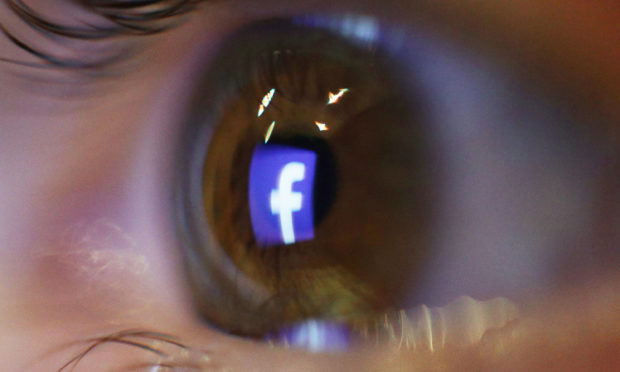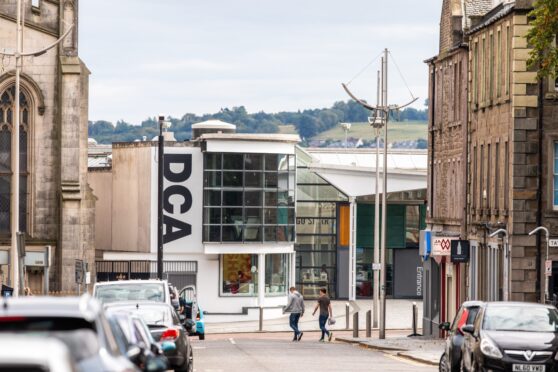And so it begins, the unravelling of the British political system, just as Britain breaks ties with Europe, and quite possibly unravels altogether.
I blame Facebook.
Eight Labour MPs have quit the party and formed the Independent Group. They disagree with Jeremy Corbyn and his leadership, and say they are sick of “politics as usual”.
They were members of a pro-EU party led by a man determined to quit Europe. As such, it seems perfectly reasonable.
The idea new parties always fail is wrong. The Labour Party itself was founded in 1906 and in government by 1924. The Lib Dems made it into coalition for five years, and held a referendum on proportional representation voting for Westminster – the eternal outsiders had their shot, and tried their big idea.
Ukip persuaded the British government to hold a vote on quitting the EU that no other party wanted.
No better example of this is how the SNP has come to dominate Scottish politics in a way unthinkable in the 1990s.
The apparent failure people point to is the formation of the SDP in 1981. The first general election the SDP party fought, in alliance with the Liberals, was in 1983 when they won a quarter of all the votes. The party would become the Liberal Democrats, which got into power in 2010. Before then, it shaped the political debate in favour of “new” Labour and the centrist policies of Tony Blair.
Some failure.
That Labour should slam splitters and demand by-elections in their constituencies is very much politics as normal – something to say, a rhetorical claim to superiority. But that’s not how British politics works – we elect by constituency, not party.
Our parliamentary strength is supposed to be the independence of mind of our MPs.
Not only has the coverage of this new group been wrong in its historical analysis, but also in its broader understanding of politics. The assumption is that splitters are irrelevant and we will naturally return to our two-party system.
That is wrong. The old parties are over, killed by a technological revolution which has fundamentally changed politics, and an economic system beyond anyone’s control.
The reason Brexit is happening is not because either Labour or the Tories wanted it – but single-issue popular ideas are much easier to promote in an age of social media.
Ukip forced it on to David Cameron.
Much as the former PM had also had Scottish independence forced on to him by an SNP adept at using social media data to mobilise voters.
Similarly, Jeremy Corbyn is only leader of the Labour Party because the membership want him. Had labour not changed its internal election system, diminishing the power of the parliamentary group, there would be no Corbyn leadership. He was crowned by Twitter and Facebook, not colleagues.
What you see when looking over the last 10 years of British politics is the death of our old democracy. Where once we relied on a governing class to do the right thing, now populist ideas guide us. The people have stormed the palace and for the moment are quite happy smashing things up while reminiscing about the good old days.
They are in search of some thing called control, when the truth of the modern world is that much of it is beyond control. As the financial crash showed, there’s nobody in charge of the money, which means there is no control over jobs or how much we have to spend on the NHS, for example.
The technological revolution which gave so many more people a voice and access to information is a good thing.
So too is globalisation, which has profoundly increased global wealth, and with it living standards.
What’s at fault is that we do not have politics or a system of governance suited to this new reality.
This week saw the Common’s Culture Media and Sport Select Committee issue a report that called for much tougher regulation of Facebook. The website has been behind much of our political turmoil. Essentially, it spied on us and sold the data to rich people who wanted to manipulate elections.
Modern governance has to start with Facebook – all other issues are pointless if your state is vulnerable to outside interference. The next essential thing to get a grip on is tax – not only does Facebook undermine our society by selling data, it also refuses to contribute to the cost of democracy.
In this, it is not alone – with Brexit closing car companies and sending billionaires to Monaco, we need a fundamental rethink of how we raise money to pay for our civilisation.
We also need to be able to divine what is fake, what’s exaggerated, what’s specious. And for that, you need to bring Facebook to rule.
The breakaway eight may individually be forgotten, but they are the start of a fundamental change in how Britain is governed, and should start by governing Facebook.










